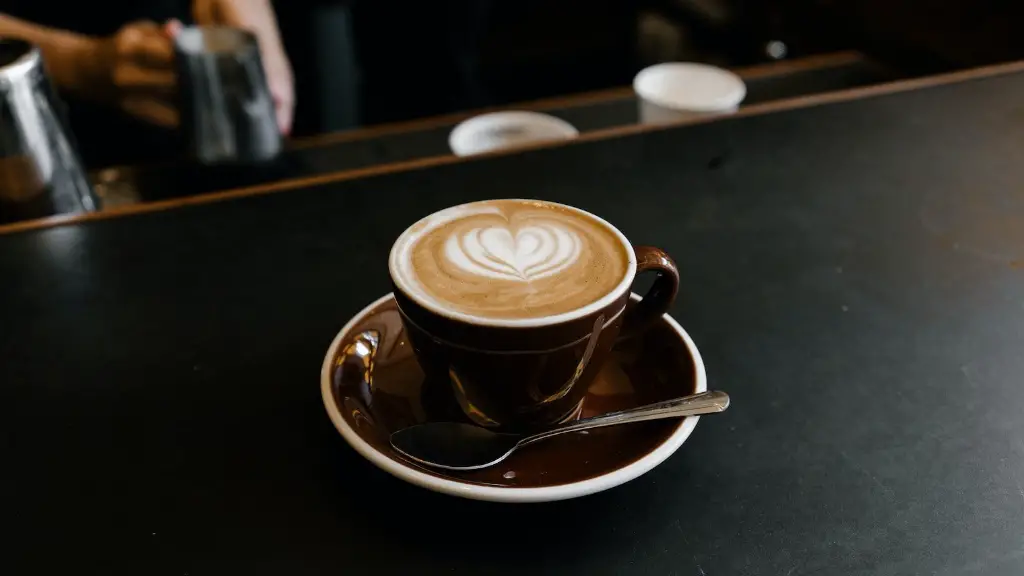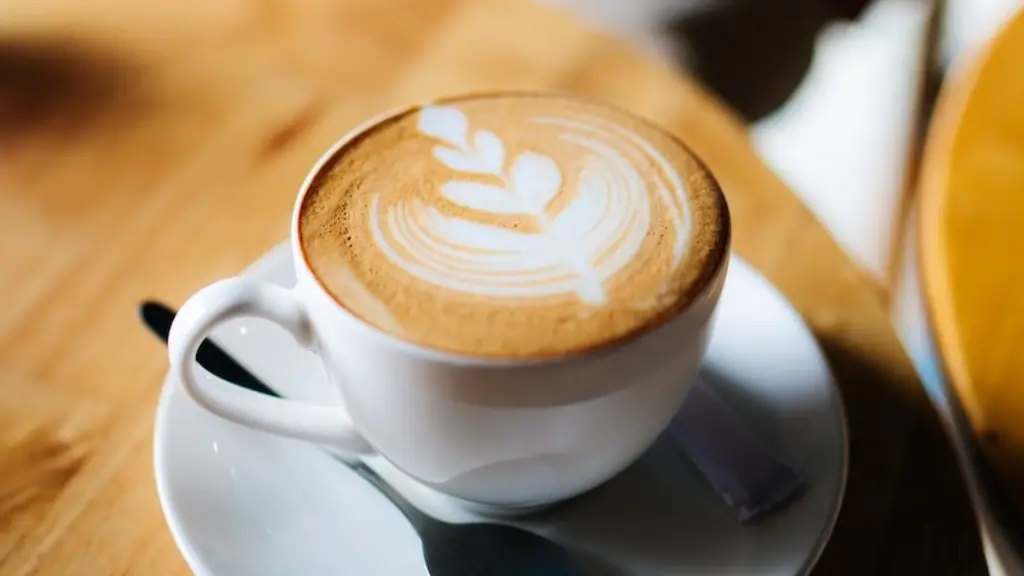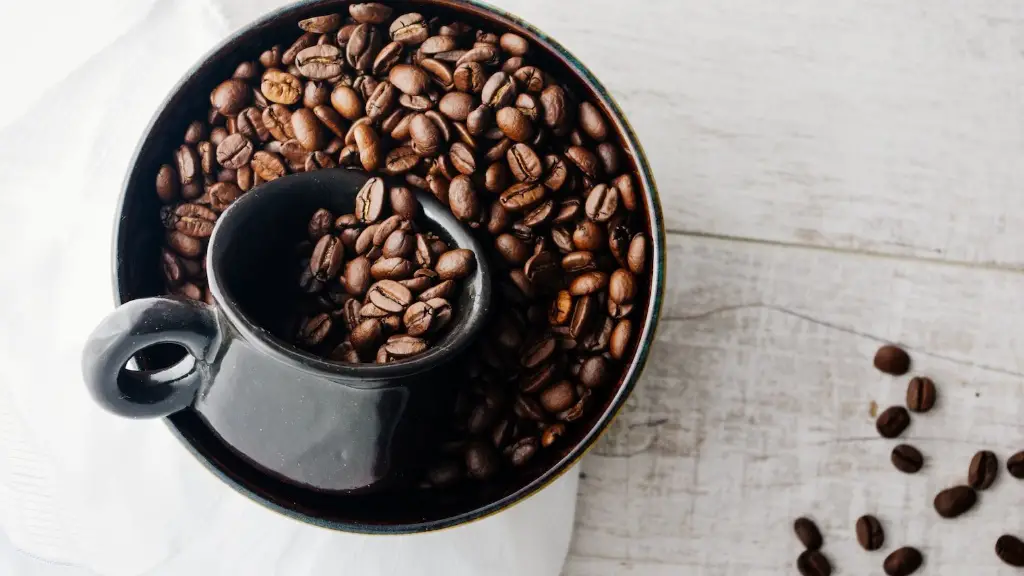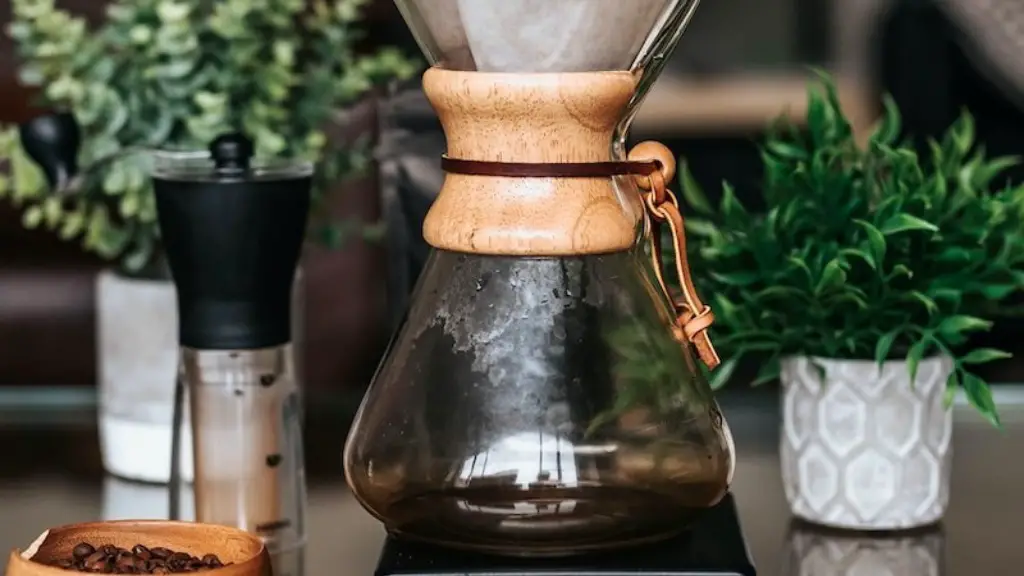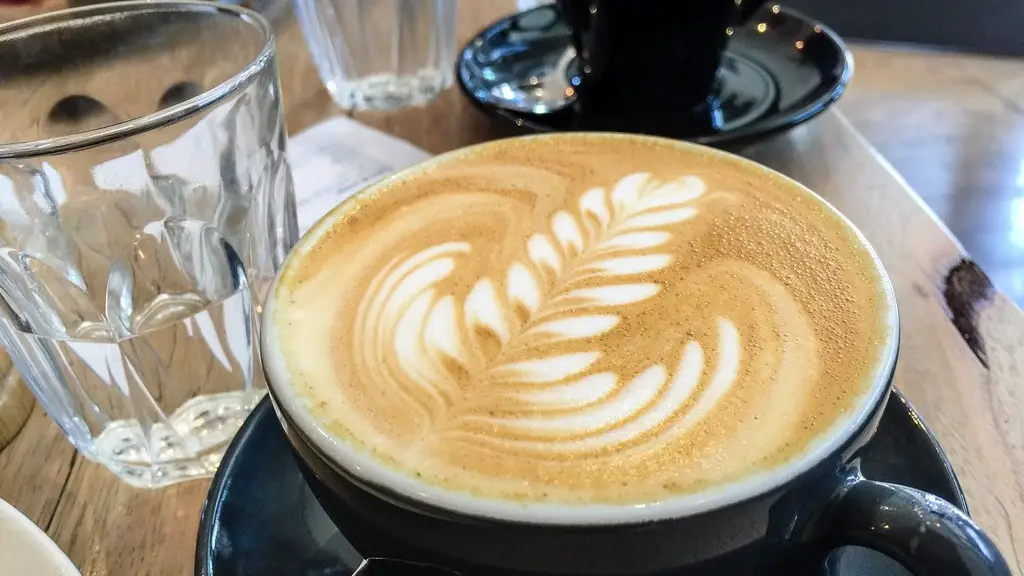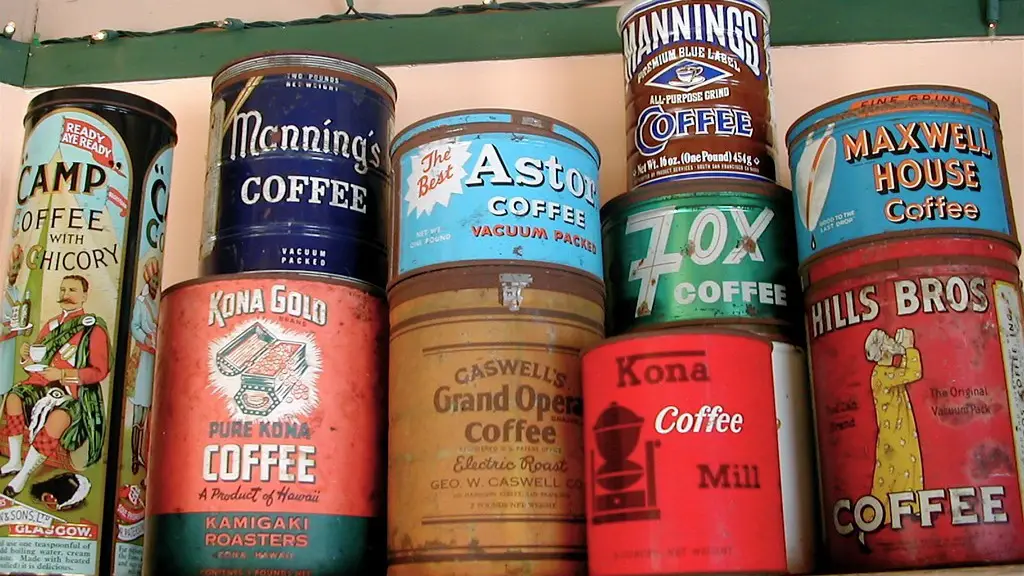Should I Drink Coffee After Tooth Extraction?
Most people love to brew a cup of coffee in the morning, but after a tooth extraction, this beloved morning beverage can be cause for concern. Many people wonder whether they should drink coffee after a tooth extraction.
The answer is that you should wait a while before consuming coffee—at least 24 to 48 hours. That’s because coffee can linger in your mouth after drinking, increasing your risk of dry socket, also known as alveolar osteitis. This condition occurs when the blood clot that forms over your extraction site is replaced by a sticky yellow-brown material, water, and food. The pain can be severe and can also cause bad breath and a foul taste in your mouth.
If you’re not sure when it’s safe to drink coffee after a tooth extraction, talk to your dentist. Your dentist will be able to provide personalized advice based on your individual situation. After your extraction, your dentist may advise you to wait a few days before drinking coffee, or to avoid it entirely.
If you can’t go without your morning cup of joe, abstaining entirely isn’t your only option. There are some steps you can take to minimize your risk of dry socket while still enjoying a cup of coffee.
First, make sure that you are adequately hydrated. Have a glass of water before and after you drink coffee. Staying hydrated is key to maintaining a healthy blood clot and helps reduce the likelihood of developing dry socket.
It’s also important to wait until the extraction site has healed up. If you try to drink coffee before the wound has had a chance to heal, you are more likely to develop dry socket. The healing process typically takes about three to five days.
Finally, when drinking coffee, choose a lukewarm temperature. Hot beverages increase the risk of dry socket, so it’s best to play it safe and opt for something on the cooler side. Additionally, avoid swishing your drink or drinking through a straw, as this can cause the liquid to come into contact with the extraction site.
Potential Complications of Drinking Coffee After a Tooth Extraction
It’s important to be aware of the potential complications that can arise from drinking coffee after a tooth extraction. If you are drinking coffee too soon after your extraction, you can risk developing dry socket or a hole in the socket of your tooth. This can lead to significant pain and discomfort, and even infection.
Your dentist may prescribe antibiotics or other medications to manage any infection that does arise. However, these medications may cause side effects, such as nausea, dizziness, and diarrhea. In some cases, these medications could interact with coffee and other medications, leading to more severe side effects.
It’s also important to note that drinking coffee after a tooth extraction can alter the taste of your coffee. In the days immediately following your extraction, the taste of your coffee may be affected. This is due to the fact that your salivary glands are unable to produce saliva, which can impact the taste of your drink.
Additionally, some people experience discomfort when drinking coffee after a tooth extraction. If your extraction was still relatively fresh, your socket may be sensitive. This can lead to pain and burning sensations near the extraction site when consuming hot beverages.
Adopting Healthy Habits and Practices
Adopting healthy habits and practices can help ensure that you are drinking coffee after your tooth extraction in a safe and effective manner. It’s important to keep in mind that your recovery time may be longer if you don’t follow your dentist’s advice.
If you are a heavy coffee drinker, it may be difficult to abstain from the beverage for a few days after the extraction. However, it is important to follow your dentist’s recommendations. Coffee can increase the risk of dry socket and other complications, so it’s best to wait until you are healed before drinking it.
If you’re worried about developing dry socket, talk to your dentist about ways to minimize your risk. For example, you might need to drink cooler beverages, avoid straws, and be mindful of how long you allow coffee to linger in the oral cavity.
It’s also important to practice good oral hygiene during the recovery process. Aim to brush and floss your teeth twice a day and use mouthwash at least once a day. Additionally, make sure to drink plenty of water and eat healthy foods that are soft and easy to chew. Making sure to get adequate rest and relaxation can also help speed up the healing process.
Summary
Given the potential risks associated with drinking coffee after a tooth extraction, it is important to consider your individual situation before consuming the beverage. Depending on your circumstances, it may be best to wait for a few days before drinking coffee. Alternatively, some modifications can be made to minimize your risk of experiencing problems.
Your dentist can provide personalized advice on when it’s safe to drink coffee after a tooth extraction, as well as tips to make sure you are following safe and healthy habits. If you have any questions or concerns, your dentist can help provide guidance and advice.
Benefits of Refraining From Drinking Coffee After a Tooth Extraction
Refraining from coffee after a tooth extraction can provide numerous benefits. Firstly, it can help promote healing by ensuring that the extraction site is not exposed to coffee or other hot beverages. Additionally, it can help protect against infection and reduce the risk of developing dry socket. Furthermore, it can help improve the taste of coffee after the extraction has healed, as the salivary glands may not be able to produce saliva.
In addition to these benefits, abstaining from coffee after a tooth extraction can also reduce the risk of side effects associated with medications used to treat infections. By minimizing your risk of developing a dry socket, you can help ensure that your recovery process is smooth and successful.
Finally, refraining from drinking coffee after a tooth extraction can provide a sense of peace of mind. Being mindful of your dietary choices and habits can help you maintain a healthy dental routine and provide lasting benefits for your oral health.
Solutions for Drinking Coffee After Tooth Extraction
If abstaining from coffee after a tooth extraction is not an option, then certain steps can be taken to minimize the risk. For example, it is important to ensure that you are adequately hydrated and to practice good oral hygiene. Drinking lukewarm beverages and avoiding straws can also help reduce the risk of developing dry socket.
Additionally, it is important to wait until your extraction site has had a chance to heal before drinking coffee. This will typically take about three to five days before you are able to safely drink the beverage. Furthermore, if you are taking any medications for an infection, you should consult with your dentist before consuming coffee.
Lastly, it is important to be mindful of the taste of your coffee. Your taste buds, salivary glands, and nerve endings all play a part in the flavor of your coffee, and they may be affected by the extraction process. It is important to pay attention to your taste sensations and adjust as necessary.
Additional Considerations
When drinking coffee after a tooth extraction, it is important to pay attention to your body and listen to what it is telling you. If you start to experience discomfort near the extraction site or feel that the taste of your coffee has changed, it is a sign that you should cease drinking the beverage. Additionally, if you begin to notice any signs of infection, such as fever, an unpleasant taste, or drainage from the socket, it is important to consult with your dentist as soon as possible.
It is also important to keep in mind that the effects of drinking coffee may vary from person to person. For some, drinking coffee immediately after a tooth extraction may not be a problem, but for others it could lead to complications. Therefore, it is important to be aware of your individual circumstances and to consult with your dentist before consuming coffee after a tooth extraction.
Lastly, it is important to remember that a healthy lifestyle will help promote healing after a tooth extraction. Eating a balanced diet, drinking plenty of water, and getting adequate rest can all help ensure that you have a successful recovery.
